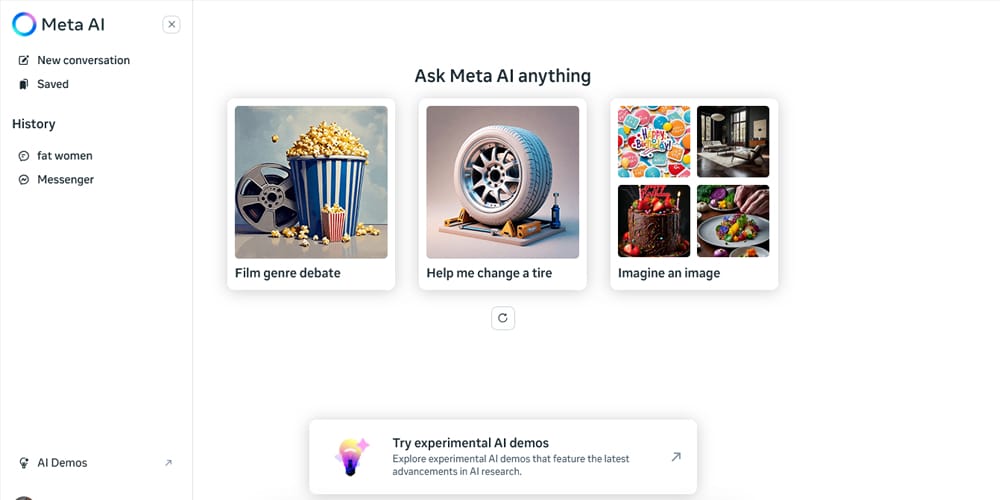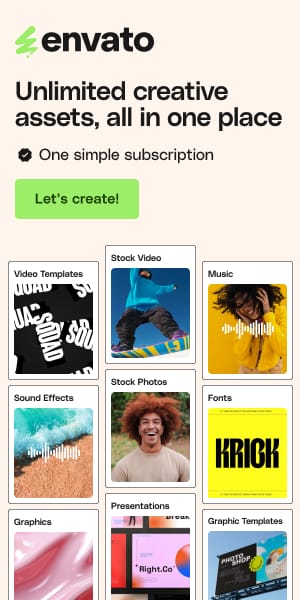The Ultimate List of AI Image Generator Models 2024
What Are AI Image Generators?
AI image generators are computer models that use artificial intelligence algorithms to generate images. These models are trained on large datasets of existing images and use deep learning techniques to understand patterns and features in the data. By analyzing the characteristics of these images, AI image generators can then generate new images that resemble the ones they were trained on.
These generators can take various forms, such as producing realistic portraits, generating landscapes, or even creating completely fantastical and abstract designs. Some AI image generators can also incorporate text prompts, allowing users to provide descriptions or instructions to guide the image generation process.
AI image generators have gained popularity for their ability to quickly and efficiently produce high-quality images that previously would have required manual design or editing work. They have found applications in various fields, including art, design, advertising, and even video game development. With advancements in AI technology, these image generators are becoming more sophisticated and capable of producing incredibly realistic and detailed images.
How Do AI Image Generators Work?
AI image generators work by utilizing deep learning algorithms to generate images. These models are usually trained on large datasets of existing images, allowing them to learn patterns, features, and styles from the data. This training process involves using convolutional neural networks (CNNs) to extract visual features and generative adversarial networks (GANs) to create new images.
During the generation phase, AI image generators take in random noise or a specific input, such as a text prompt, and then use the learned knowledge from the training data to produce a new image. The generator network in the model uses various techniques like upsampling, convolutional layers, and activation functions to generate realistic-looking images. This process involves refining the generated image through iterations to make it more accurate and visually appealing.
By using AI algorithms, these image generators can produce a wide range of images, including portraits, landscapes, abstract art, and more. The quality and realism of the generated images depend on the complexity and diversity of the training dataset, as well as the sophistication of the AI model and the tuning of its hyperparameters.
Applications of AI Image Generators
AI image generators have a wide range of applications across various industries. One of the most prominent uses is in the field of art and design. Artists and designers can use AI image generators to explore new ideas, create unique visual concepts, and generate artwork that pushes boundaries. These tools can be beneficial for both professional artists looking for inspiration and amateurs wanting to experiment with different artistic styles.
AI image generators also have practical applications in industries like advertising, where visually appealing and eye-catching images are essential for effective marketing campaigns. These generators can quickly produce high-quality images that align with brand aesthetics and product messaging.
Another significant application is in the entertainment industry. AI image generators can be used to create realistic and immersive virtual environments for video games, films, and virtual reality experiences. Game developers and filmmakers can utilize these generators to generate lifelike characters, stunning landscapes, and intricate details, enhancing the overall visual experience for audiences.
Furthermore, AI image generators are valuable tools for research and development purposes. Scientists, engineers, and architects can use them to visualize ideas, prototypes, and simulations. This allows for rapid iterations and enables quicker decision-making processes.
Overall, the applications of AI image generators are vast and continue to expand as the technology evolves. These tools have the potential to revolutionize industries and provide new avenues for creativity and innovation.
Pros and Cons of Using AI Image Generators
AI image generators offer numerous benefits, making them a valuable tool in various fields. Firstly, they provide a quick and efficient way to generate high-quality images, saving time and effort for artists, designers, and researchers. These generators also allow for easy experimentation and exploration of different styles and concepts, enhancing creativity and innovation. Additionally, AI image generators can help overcome artistic or design blocks by providing inspiration and fresh ideas.
However, there are some drawbacks to consider. AI image generators heavily rely on pre-existing datasets, which can result in images that lack originality and may be too similar to existing artworks. Privacy concerns may also arise when using AI image generators that require personal data or access to user-made content. Moreover, reliance on AI image generators could potentially lead to a decline in human artistic skills and originality if they are solely relied upon.
Despite these drawbacks, the advantages offered by AI image generators make them a valuable asset for various industries, amplifying creativity and pushing the boundaries of visual expression.
Ethical Considerations in AI Image Generation
Ethical considerations in AI image generation are crucial as these technologies continue to advance. One major concern is the potential misuse of AI-generated images, such as deepfake technology, which can be used to create deceptive or misleading content. This raises important questions regarding the responsible use of AI image generators and the need for regulations to prevent the spread of manipulated or harmful images.
Another ethical concern is the source of the training data used to train AI image generators. If the datasets contain biased or discriminatory content, the generated images may also inherit these biases, perpetuating harmful stereotypes or exclusionary representations.
Privacy is also a key consideration when using AI image generators. Some platforms may require personal data from users, raising concerns about data security and potential misuse of personal information.
Additionally, the impact on human creativity and artistic expression is an ethical consideration. While AI image generators can be a valuable tool, relying solely on AI-generated images could lead to a decline in human artistic skills and originality.
In light of these ethical considerations, it is important for developers, users, and policymakers to address these issues and ensure the responsible and ethical use of AI image generators.
Future Trends in AI Image Generators
Future trends in AI image generators indicate exciting developments and advancements. One such trend is the improvement of AI image generators based on text input. Researchers are working on enhancing the ability of AI models to generate accurate images based on detailed textual descriptions, opening up possibilities for applications in fields like virtual reality, gaming, and design.
Another trend is the integration of AI image generators into various industries and sectors. Companies are starting to utilize AI-generated images for product design, marketing, and advertising, as these models can quickly produce high-quality visuals. In the fashion industry, AI image generators are being used to create virtual clothing designs and personalized fashion recommendations.
Furthermore, there is a growing focus on ethical considerations in AI image generation. Efforts are being made to develop algorithms that minimize biases and promote inclusivity in the generated images. Additionally, regulations and guidelines are being established to ensure the responsible use of AI image generators and protect privacy.
As AI image generator models continue to advance, it is expected that they will become more accessible and user-friendly, allowing individuals without coding or design expertise to benefit from their capabilities. The future of AI image generators holds great potential for transforming various industries and expanding creative possibilities.
In conclusion, AI image generators have already made a significant impact on various industries by revolutionizing the way images are created. These powerful tools have enabled businesses to generate high-quality visuals quickly and with ease, improving product design, marketing campaigns, and virtual experiences. The integration of AI image generators into different sectors, such as fashion and gaming, has opened up new opportunities for creativity and innovation.
Looking ahead, the future potential of AI image generators is immense. Advancements in text-based AI image generation will allow for even more accurate and detailed image creation, transforming areas like virtual reality, gaming, and design. The accessibility of these models will continue to improve, making them user-friendly for individuals without coding or design expertise.
However, ai image generator without restrictions is not good, ethical considerations must be prioritized. Efforts are being made to minimize biases and ensure inclusivity in the generated images while implementing regulations and guidelines to protect privacy.
Overall, the future of AI image generators holds great promise for further advancements, shaping industries and expanding creative possibilities in exciting ways.
Here are our top picks for AI image generator models. These models use advanced neural network architectures to generate highly realistic and diverse images, making them valuable tools for various applications in computer vision and creative design.
See also
DALL·E 3

Midjourney
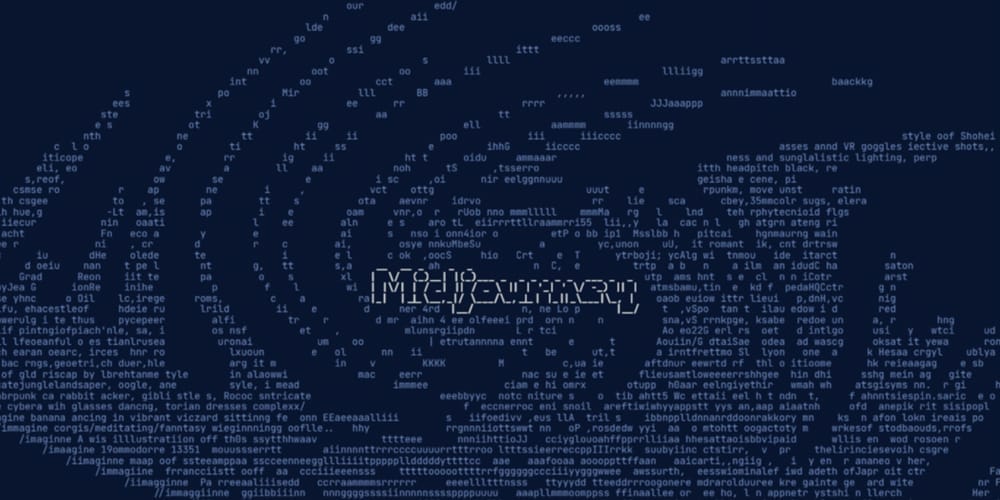
Leonardo AI

Icons8 Illustration Generator
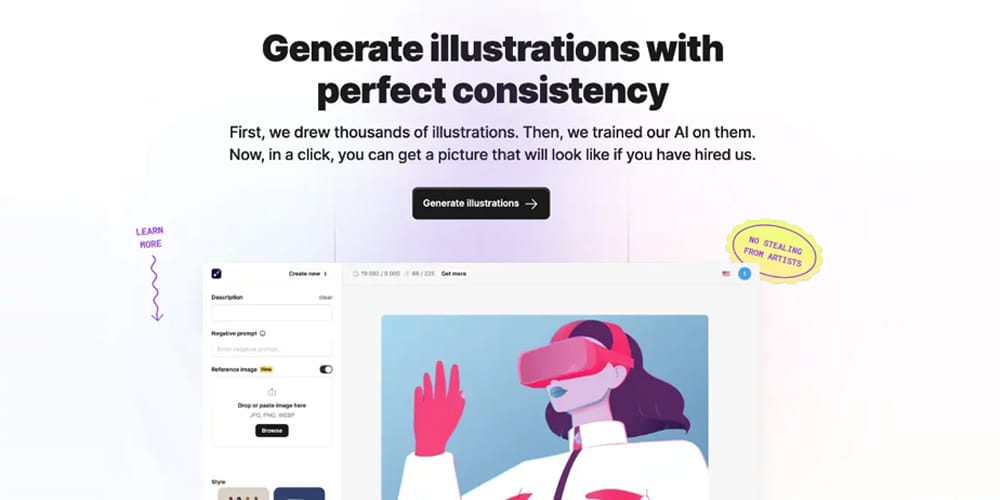
Adobe Firefly
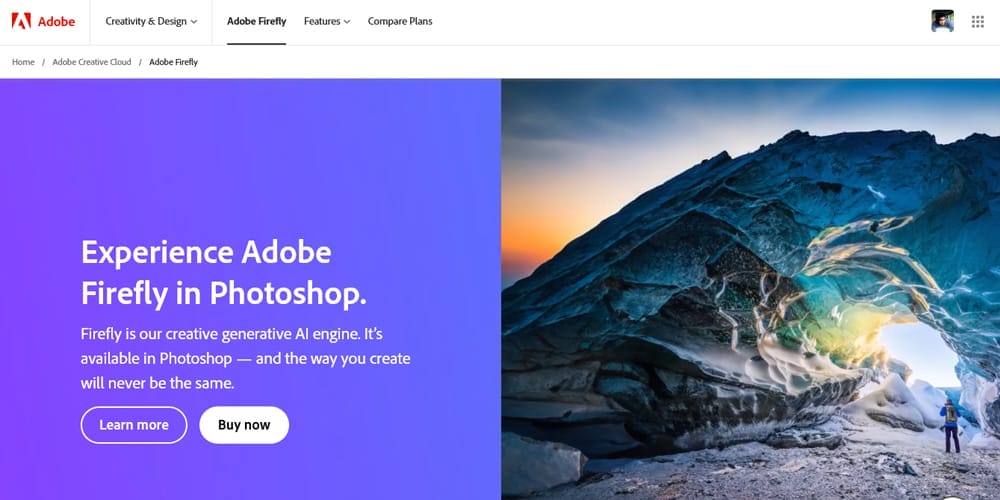
Playground AI
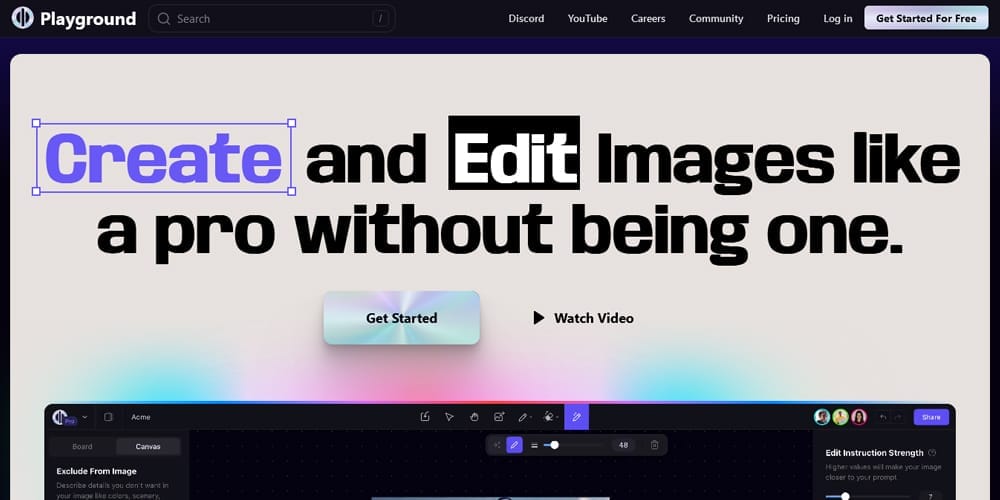
Craiyon
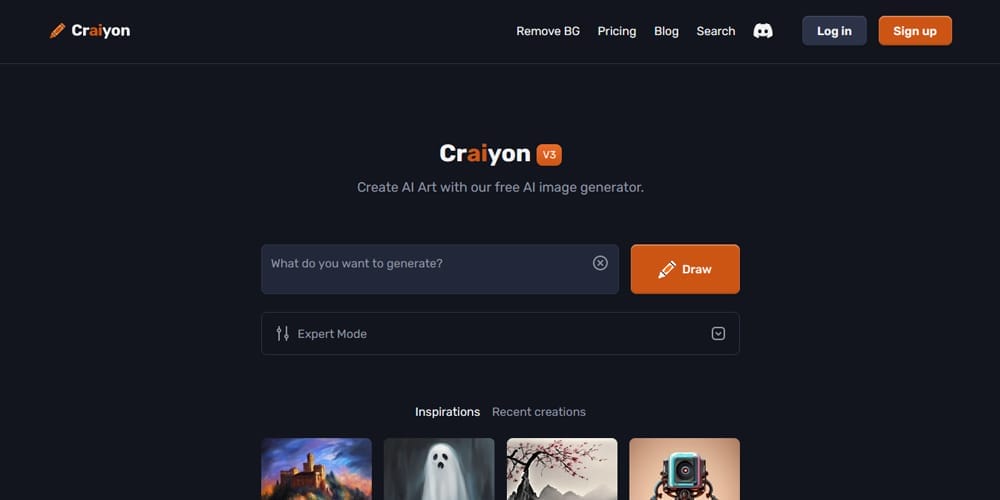
Stable Diffusion
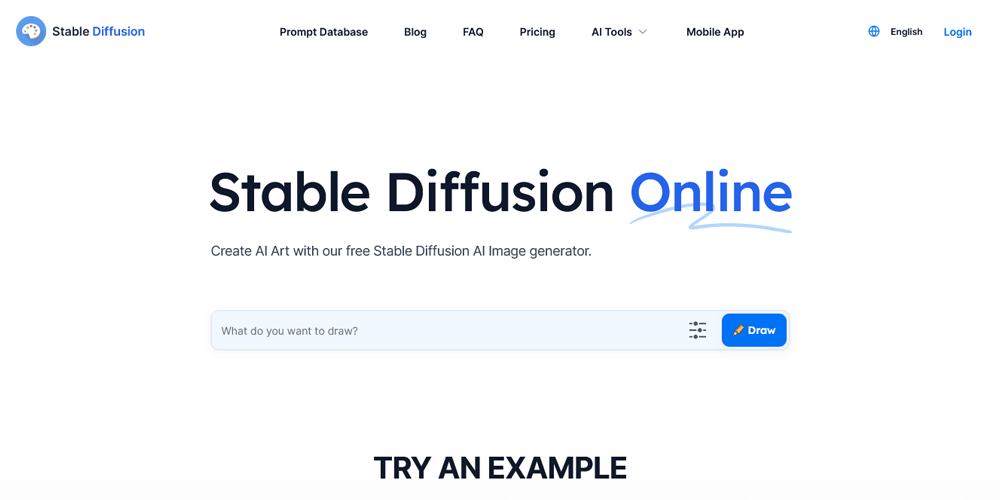
Bing AI
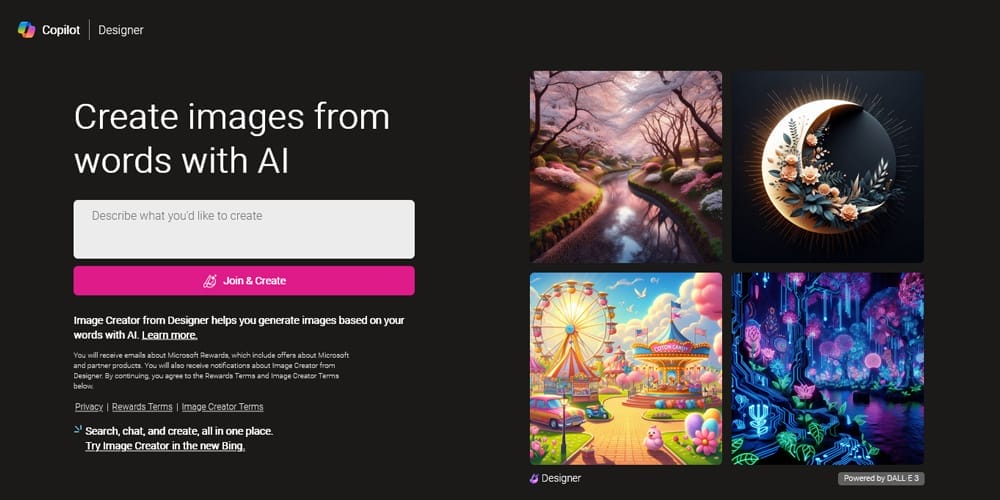
DeepAI

Lexica
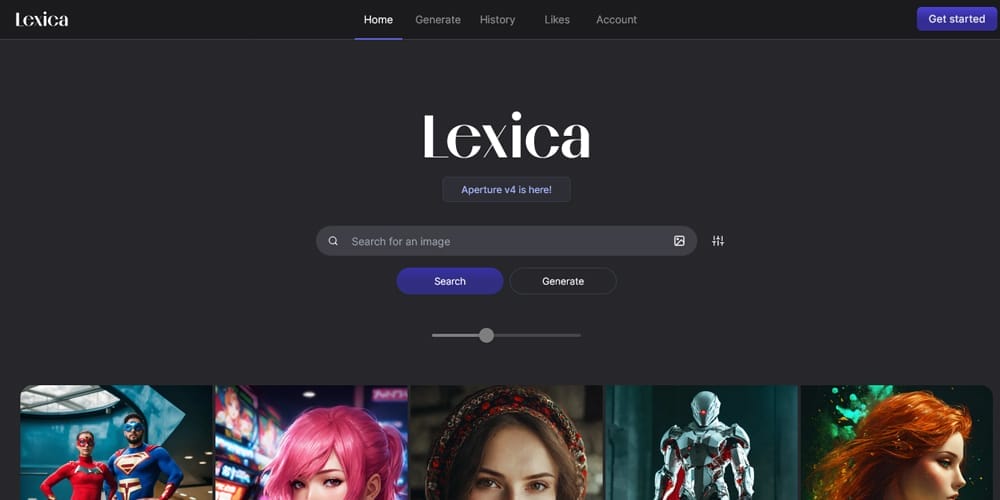
Getimg
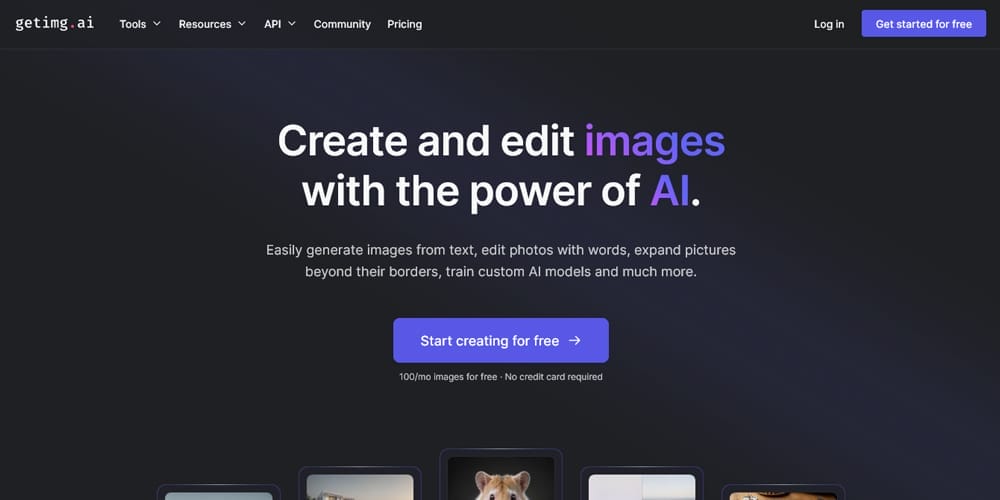
Picsart
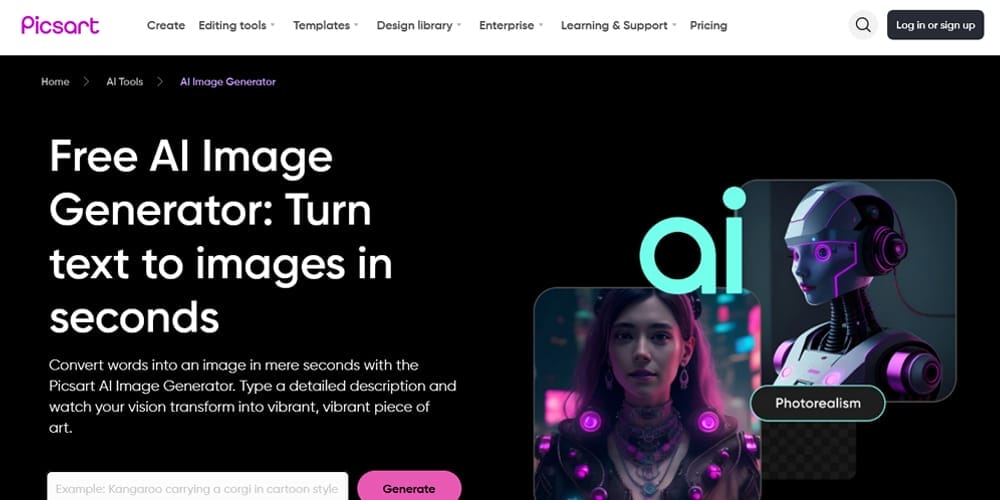
Bluewillow
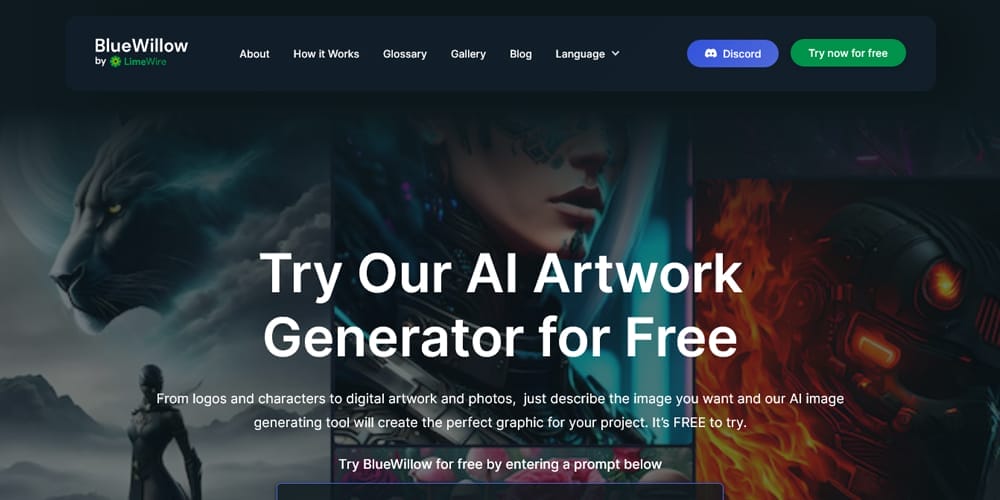
Hotpot
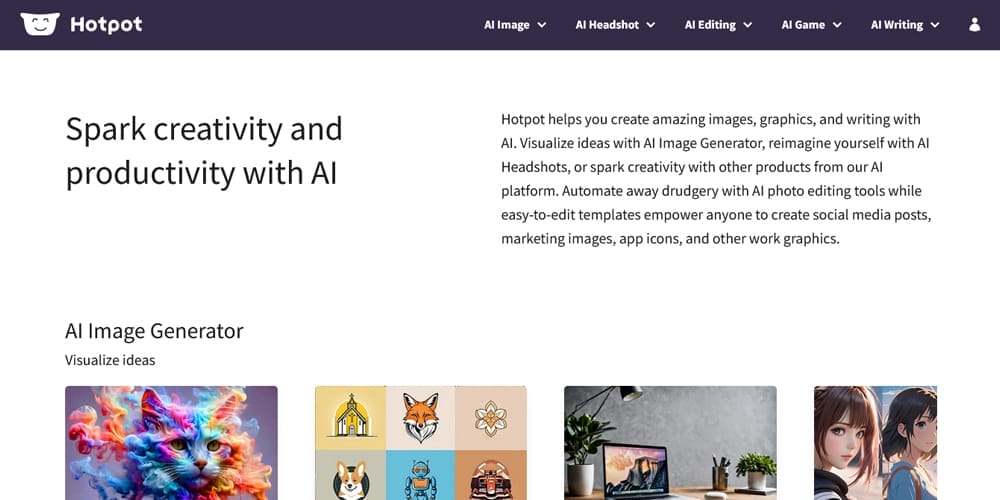
Starry AI
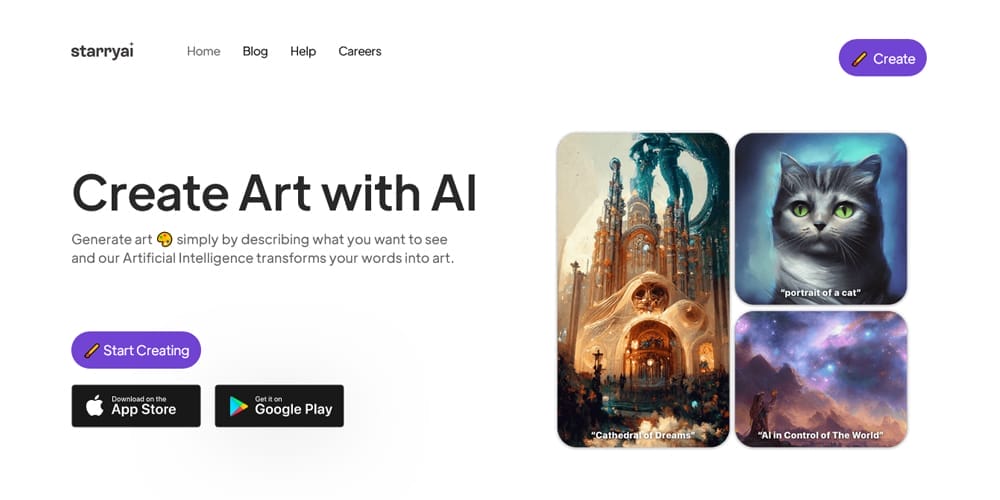
DreamStudio
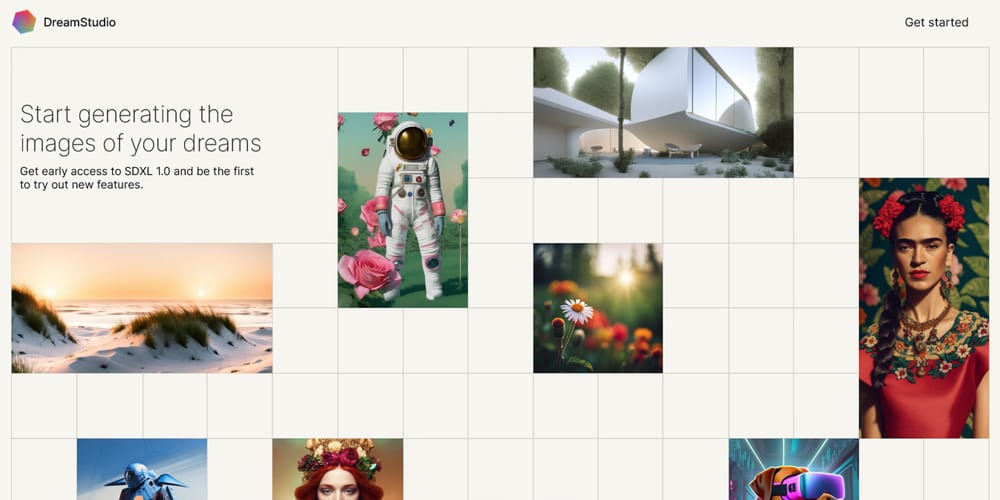
Deep Dream Generator
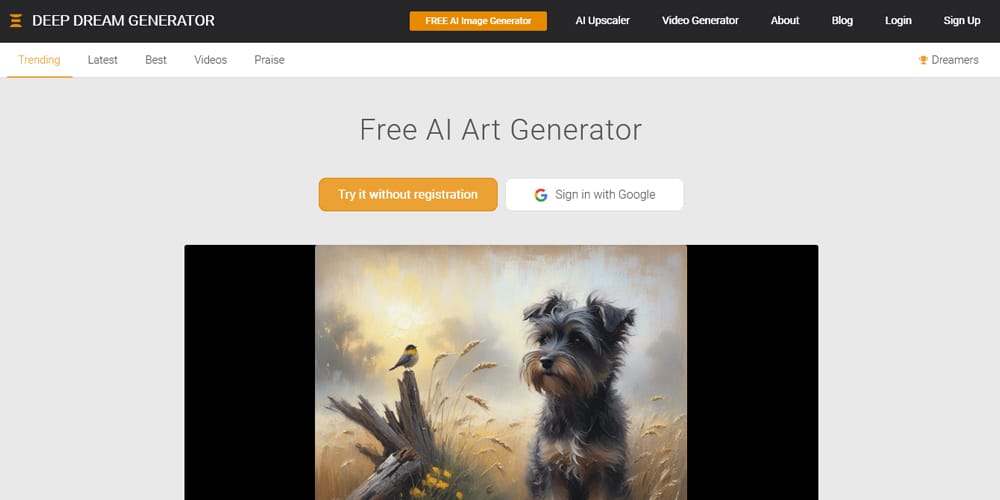
Artbreeder
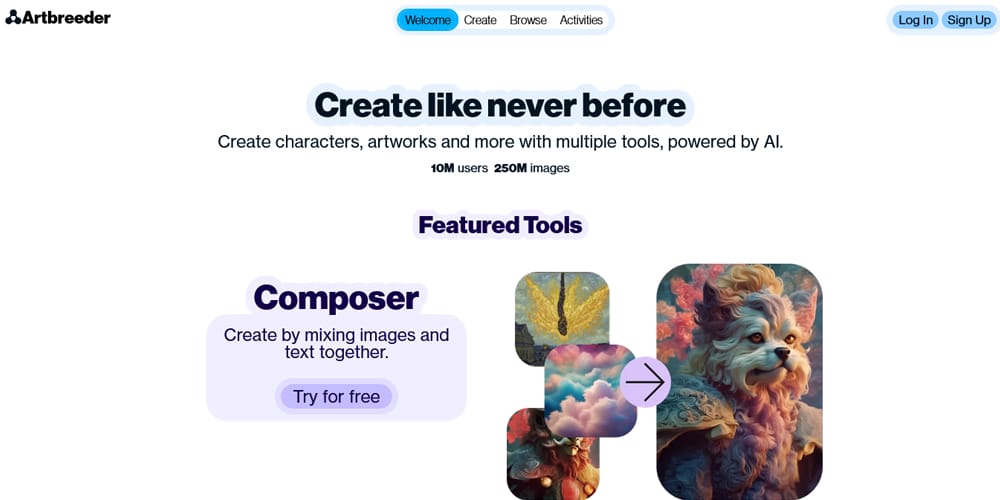
Stablecog
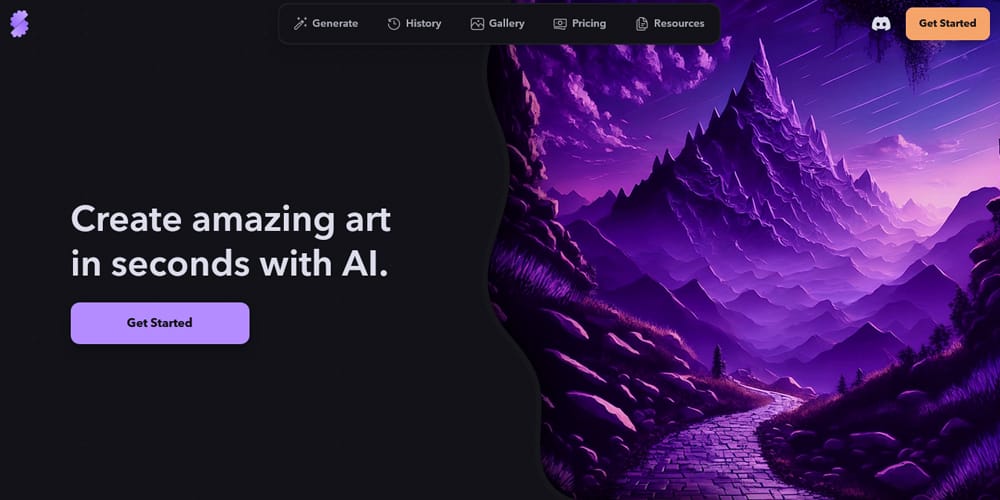
Photosonic
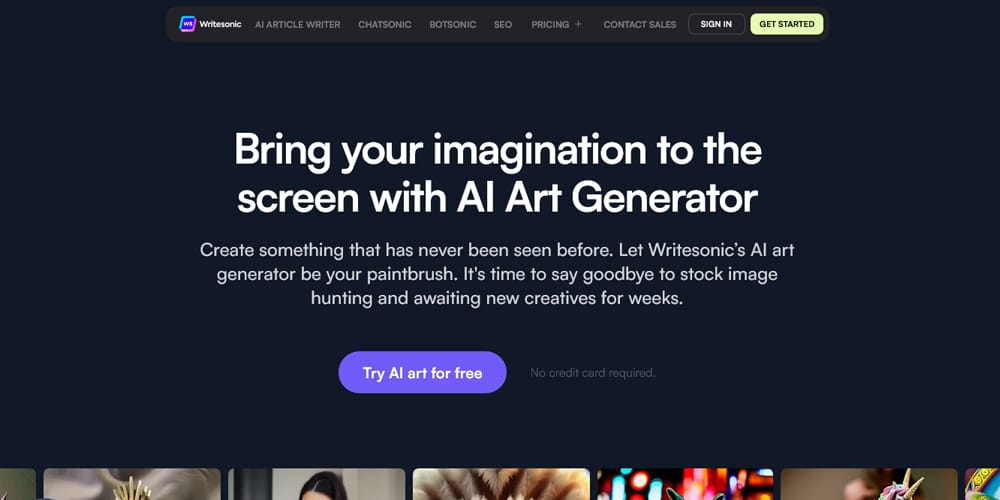
Ideogram

Insmind AI
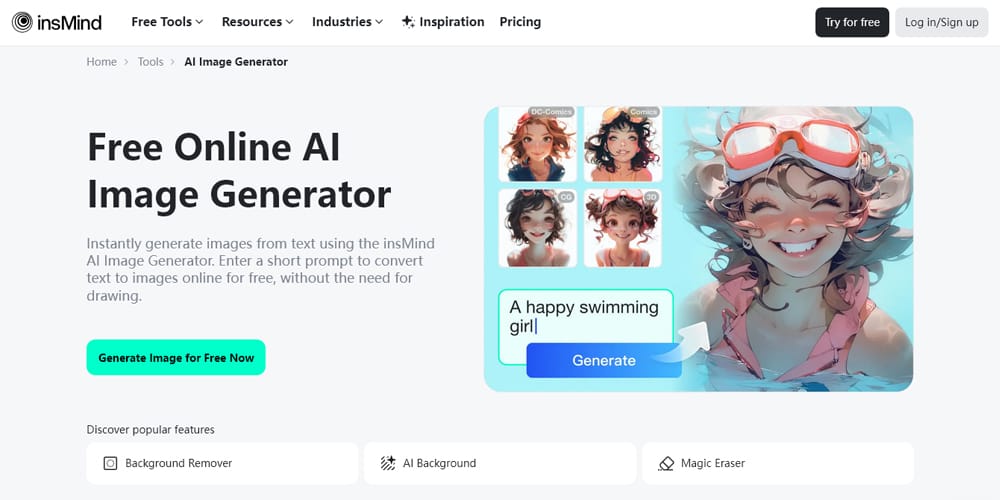
Dream

NightCafe
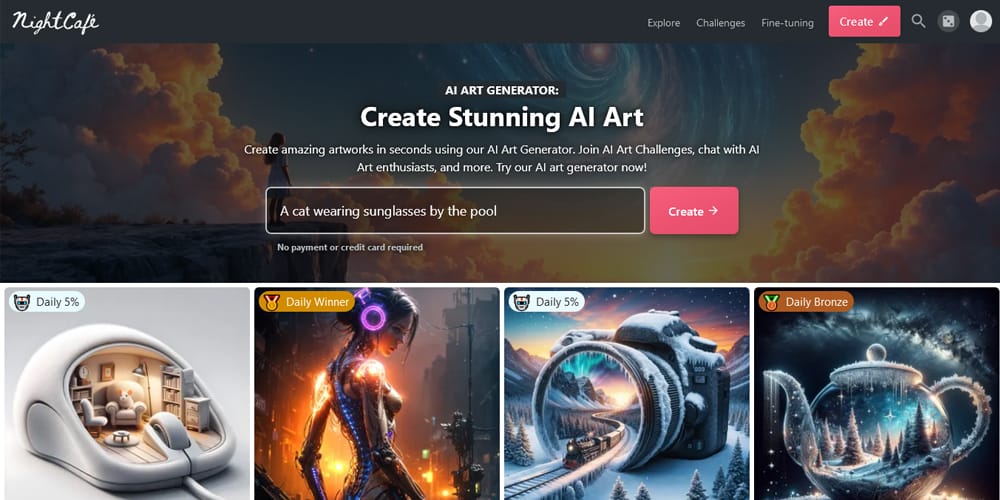
Creatopy
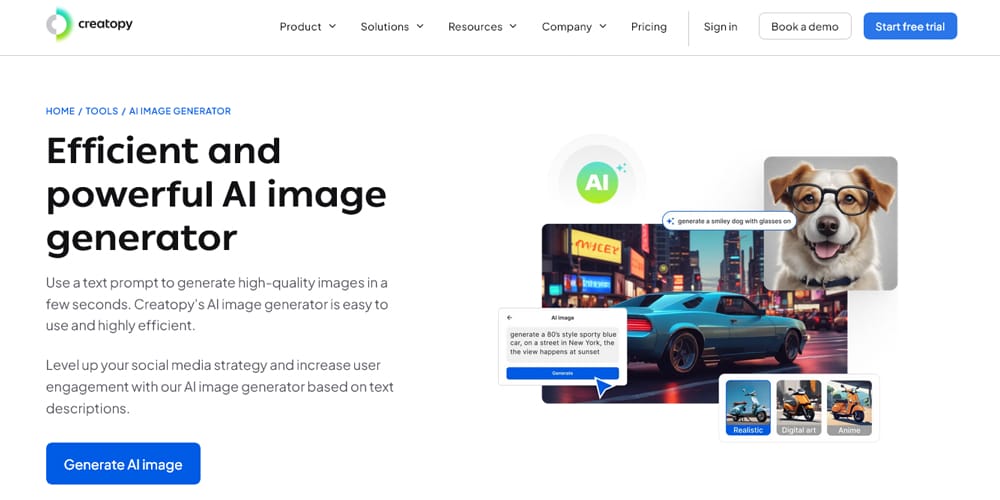
Pixlr
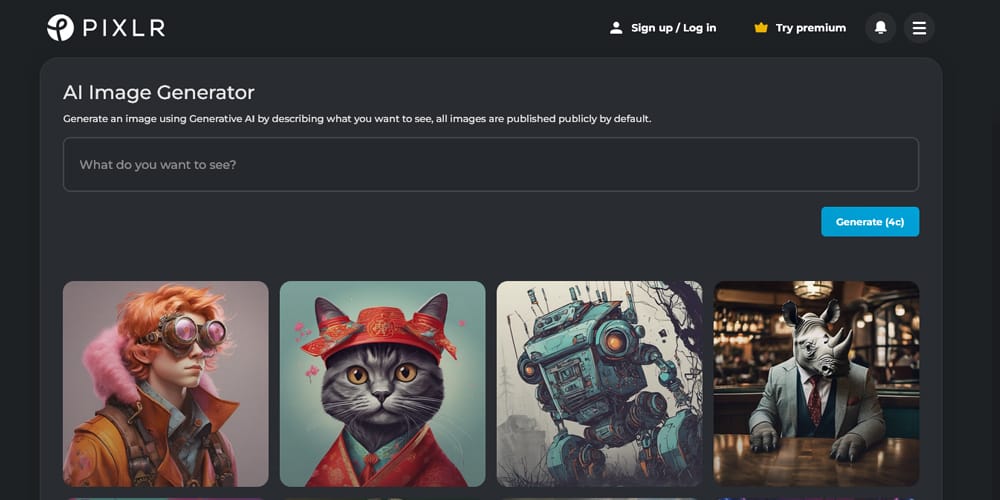
Reve AI
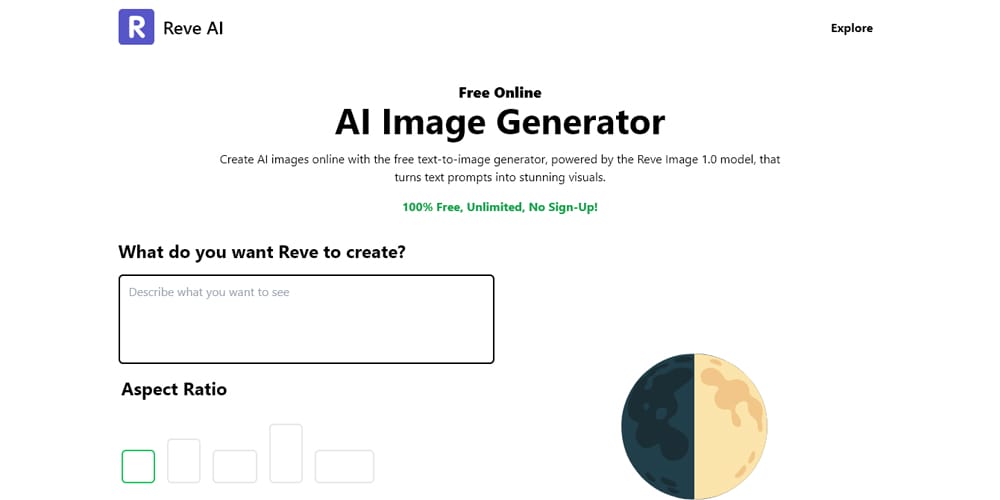
OpenArt
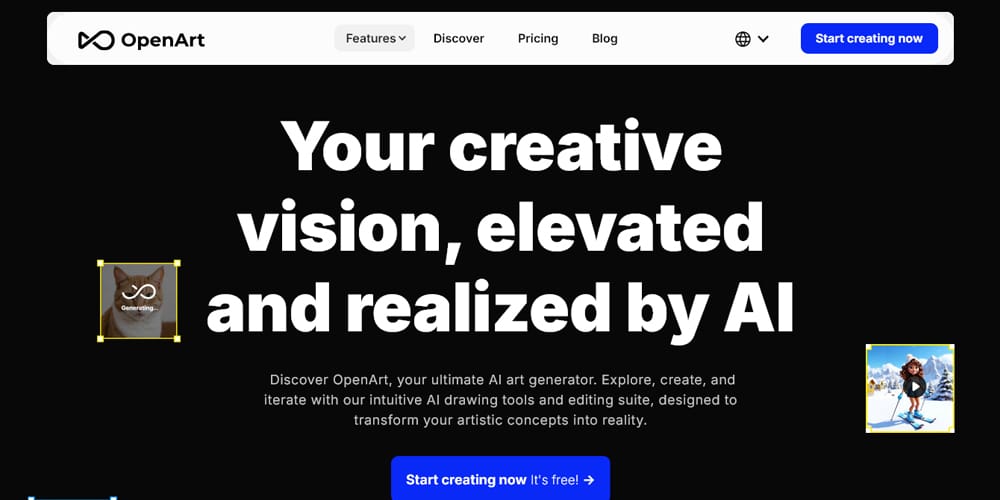
Imagine art
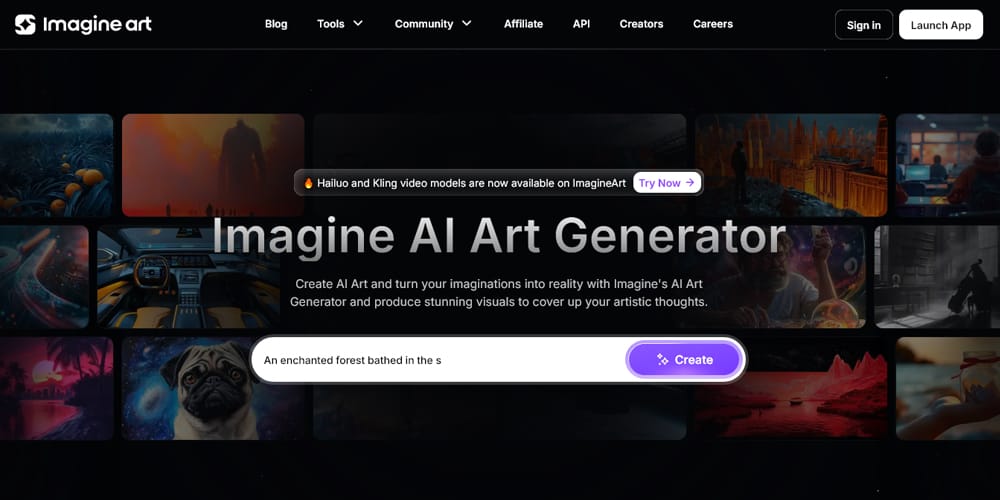
Meta AI
